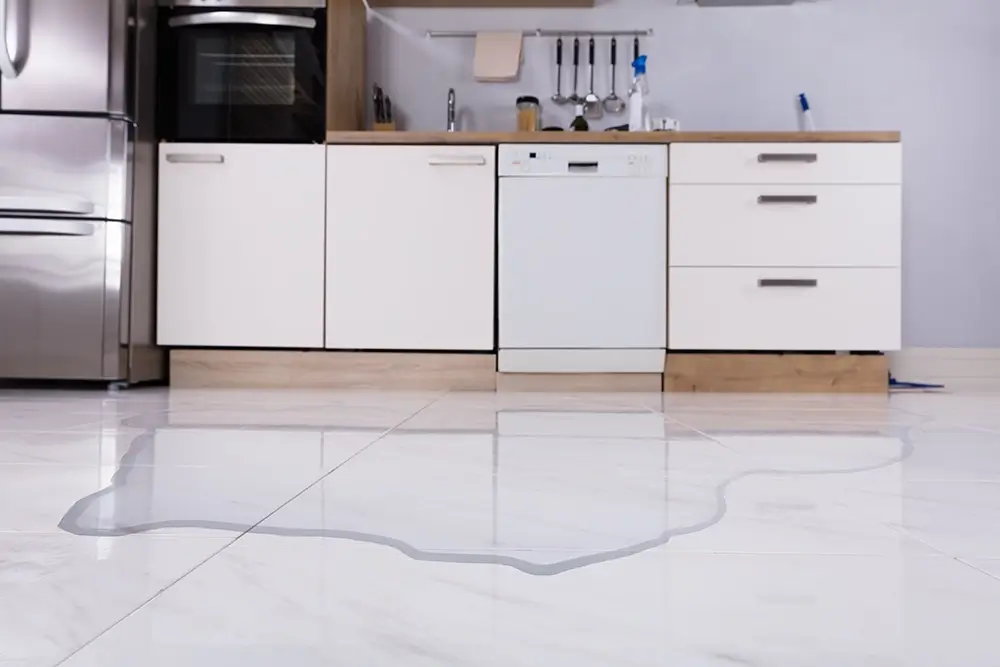The industrial leak detection system is an integral part of maintaining operational efficiency and safety in various industries. A proficient leak detection system can save companies significant resources by preventing potential hazards and minimizing the risk of costly damage. This sophisticated technology provides real-time alerts and monitoring that help industries tackle leaks before they escalate into major issues.
The importance of leak detection in industries cannot be overstated. For Quality Assurance (QA) professionals, ensuring that the right leak detection systems are in place is crucial. These systems not only safeguard the environment but also maintain compliance with industry standards and regulations, contributing to the sustainability of industrial operations.

The Role and Importance of Industrial Leak Detection Systems
Leak detection systems play a critical role in industries by providing early warnings of potential leaks. Whether it's in the gas, water, or oil industry, detecting leaks early can prevent catastrophic failures. Moreover, these systems help in maintaining the efficiency of operations by ensuring that no resources are wasted.
Industries today face increasing pressure to comply with environmental regulations while also striving to maintain cost efficiency. An effective leak detection system acts as a safeguard, enabling industries to meet these dual objectives. By integrating such systems, industries can significantly reduce their environmental footprint and improve overall operational integrity.
How Does an Industrial Leak Detection System Work?
The technology behind industrial leak detection systems is designed to identify and locate leaks in pipelines and other infrastructure systems. These systems employ various technologies such as acoustic, infrared thermography, and fiber optic sensing to detect anomalies.
For instance, acoustic sensors can detect the sound of a leak, while infrared cameras can spot temperature differences that indicate the presence of a leak. The data gathered by these sensors is then analyzed to provide precise information on the location and size of the leak, allowing for timely and efficient response measures.
Key Components and Technologies
Modern leak detection systems comprise several key components and employ advanced technologies to ensure accuracy and reliability. Some common technologies include:
- Acoustic Sensors: These sensors detect the acoustic signature of a leak. They're commonly used in pipelines to identify the frequency of sounds caused by escaping gases or liquids.
- Infrared Cameras: Used to detect temperature anomalies, infrared cameras help in identifying leaks that may not be visible otherwise.
- Fiber Optic Sensors: These provide continuous monitoring and are effective in detecting leaks over long distances.
Such technologies not only enhance the accuracy of leak detection but also enable industries to engage in predictive maintenance, thereby extending the lifespan of their infrastructure.
Benefits of Implementing an Industrial Leak Detection System
Implementing a robust industrial leak detection system offers numerous benefits. For one, it greatly reduces the risk of unplanned shutdowns or interruptions in production. This translates to higher productivity and consistent operational performance.
Additionally, these systems improve safety by preventing leaks from leading to hazardous situations. Protecting personnel and assets from potential harm is a priority for any industry, and leak detection systems are vital in achieving this goal. Furthermore, companies can avoid the high costs associated with environmental cleanup and regulatory fines by preventing leaks before they occur.
For more insights on how technology prevents risks associated with industrial leaks, explore our insights on automated water detection.
Challenges in Leak Detection
While the advantages are significant, implementing leak detection systems is not without challenges. One primary challenge is the initial cost of installation which can be substantial. However, this cost is often offset by the long-term savings and operational benefits.
Additionally, choosing the right technology and system for specific industrial needs can be complex. It's important for industries to conduct thorough evaluations to determine the most suitable solutions. For effective integration of technology, refer to the case studies on smart water monitoring.
Future Trends in Industrial Leak Detection Systems
The future of leak detection is exciting, with innovations aimed at enhancing system capabilities and integration with broader industrial ecosystems. Emerging technologies like IoT and AI are set to revolutionize how leak detection systems operate, offering increased automation and improved decision-making processes.
These technologies can provide real-time data and insights, which allow for smarter and faster responses to potential leaks. As industries continue to advance towards automated systems, the role of AI in predictive analytics for leak detection is likely to grow.
For detailed information on the benefits of integrating modern leak detection systems, you may visit smart leak detection advantages.
Conclusion
An industrial leak detection system is a cornerstone of safe and efficient operations in today's industrial landscape. While challenges exist, the benefits far outweigh the costs, providing a promising outlook for industries committed to sustainable and safe operations. Emphasizing the importance of such systems, QA professionals play a pivotal role in advocating for their integration and optimal use.
For more insights and success stories on implementing leak detection systems, explore the article on Google Home leak sensors.

FAQ
1. What industries benefit the most from leak detection systems?
Industries dealing with fluids and gases, such as oil and gas, water treatment, and chemical processing, benefit significantly from leak detection systems.
2. How do leak detection systems improve safety?
These systems provide early warnings of leaks, preventing accidents and protecting personnel, equipment, and the environment from potential hazards.
3. Are industrial leak detection systems cost-effective?
Despite the initial investment, these systems offer long-term savings by preventing leaks that can lead to costly repairs, fines, and environmental damage.






